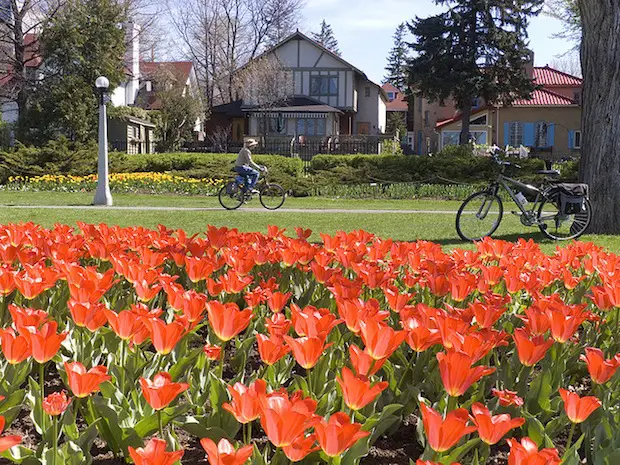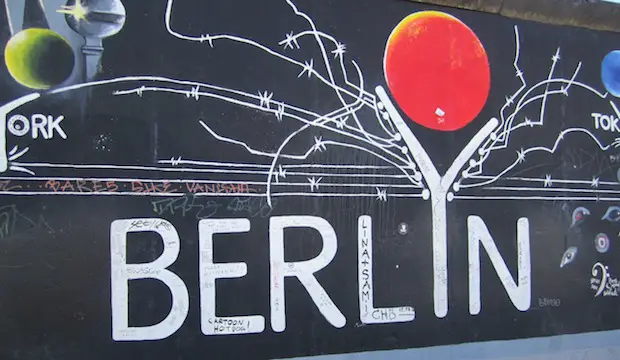It’s been almost two weeks since the death of Venezuelan President Hugo Chavez. The news broke suddenly, delivered in a tearful speech by Chavez’s second-in-command, Nicolás Maduro, and within minutes the world was ablaze with official statements, mournful eulogies, and conjecture. In most Latin American countries, even groups traditionally opposed to Chavez acknowledged his importance in uniting the region politically and culturally. Chavez also found support in the Middle East, via a quizzical yet supportive statement by Mahmoud Ahmadinejad. In the US, the response was divided along party lines; many conservatives, predisposed to the media depictions as a Lex Luthor-like cartoon villain, launched into celebrations of his death, good taste be damned. More liberal sources gave a sober analysis of the pros and cons of his administration.
There are definitely good things to be said of Chavez. Under his presidency, the GINI coefficient in Venezuela moved .07 points (from .46 to .39) towards greater equality, and the human development index rose significantly under his tenure too, all quantifiable signs of progress. However, his death is also a fitting occasion to step back and thoughtfully reflect on the use of eminent domain and expropriations in cities.
Thoughtfully reflecting on the use of eminent domain is not something Hugo Chavez did much of himself. A now famous video from 2010 shows Chavez together with the mayor of Caracas in the historic Plaza Bolívar, along with a group of supporters, where Chavez points at several buildings and repeatedly tells the mayor: “Exprópiese!” Expropriate that building to the government*. The exchange goes something like this:
Chavez: This building here, what is it?
Mayor: It’s a market of private jewellery sellers.
Chavez: Exprópiese! And the building next to it, I’ve been told that it was where Bolívar lived after he was married. Exprópiese! And how about this building on the corner?
Mayor: It has several private shops.
Chavez: Exprópiese, Mr. Mayor! We need to make this a great historical district.
Notice that though the selection process of which building to take over was haphazard to say the least, there did exist an underlying rationale to it: greater public land availability, and noteworthy uses such as the preservation of historic landmarks, lead to better lives. In particular, public space catalyses Chavez’s socialist goal of promoting greater interaction between all levels of society, an interaction made possible by the management of physical space via parks, squares, and monuments to let people come together effectively.
Appropriately, just as Chavez positioned himself as the critic par excellence (or better yet, por excelencia) of the policies of the United States, so too does the US approach to eminent domain find itself diametrically opposed to this attitude. In the US, the grand ideal of Jeffersonian democracy envisions private land ownership as one of the key guarantors of individual freedoms (the 1785 Land Act, created in large part due to Jefferson, can be said to reflect this idea, also highlighting the importance of education to Jefferson). There’s something to be said of this. The fact that where we live can be looked at as an expression of who we are, not to mention the fact that adequate shelter is a basic human necessity, means that abruptly taking over someone’s living quarters is a drastic deprivation of their property rights and perhaps an affront to their freedom of expression as well. To Jefferson, making everyone the master of his domain was expected to be a bulwark against a tyrannical government, as well as an expression of the preservation of individual liberties.
That attitude continues to this day; despite several notable uses of eminent domain in the US, such as to create the massive Interstate Highway system of the 50s and 60s, the country has been the inventor of such concepts as NIMBYism, and home to countless homeowner’s organizations and groups of “concerned citizens” who almost always are opposed to eminent domain.
Note that in the case of Chavez, many of the houses were apartment complexes or partitioned multi-resident houses, thus putting them in a somewhat different class than the prototypical suburban home. But the issue of whether or not eminent domain is justified remains. Is it okay for Chavez to take over private residences in the name of the public good? Or is eminent domain just another case of big government destroying the lives of upstanding citizens?
Suffice it to say that this is an issue that will never fully be resolved. Obviously, it’s something that depends on what the definition of “public good” is, a definition that the general public itself must agree on. And as we all know, the general public can never really agree on anything. But setting all this aside, eminent domain can perhaps be looked at as the one issue which best serves to sum up the legacy of Chavez: there’s plenty to be said for it, plenty to be said against it, and it’s always controversial.
*note: “Exprópiese!” is left in the original Spanish here to give non-Spanish speakers a bit of vocabulary, but also to convey how much of a catch phrase it has become in describing Chavez by Spanish speakers (especially by his detractors, some of whom remarked on his death: “And God said of Hugo Chavez: exprópiese!“) The word has a certain ring to it, which doesn’t come through in English.


